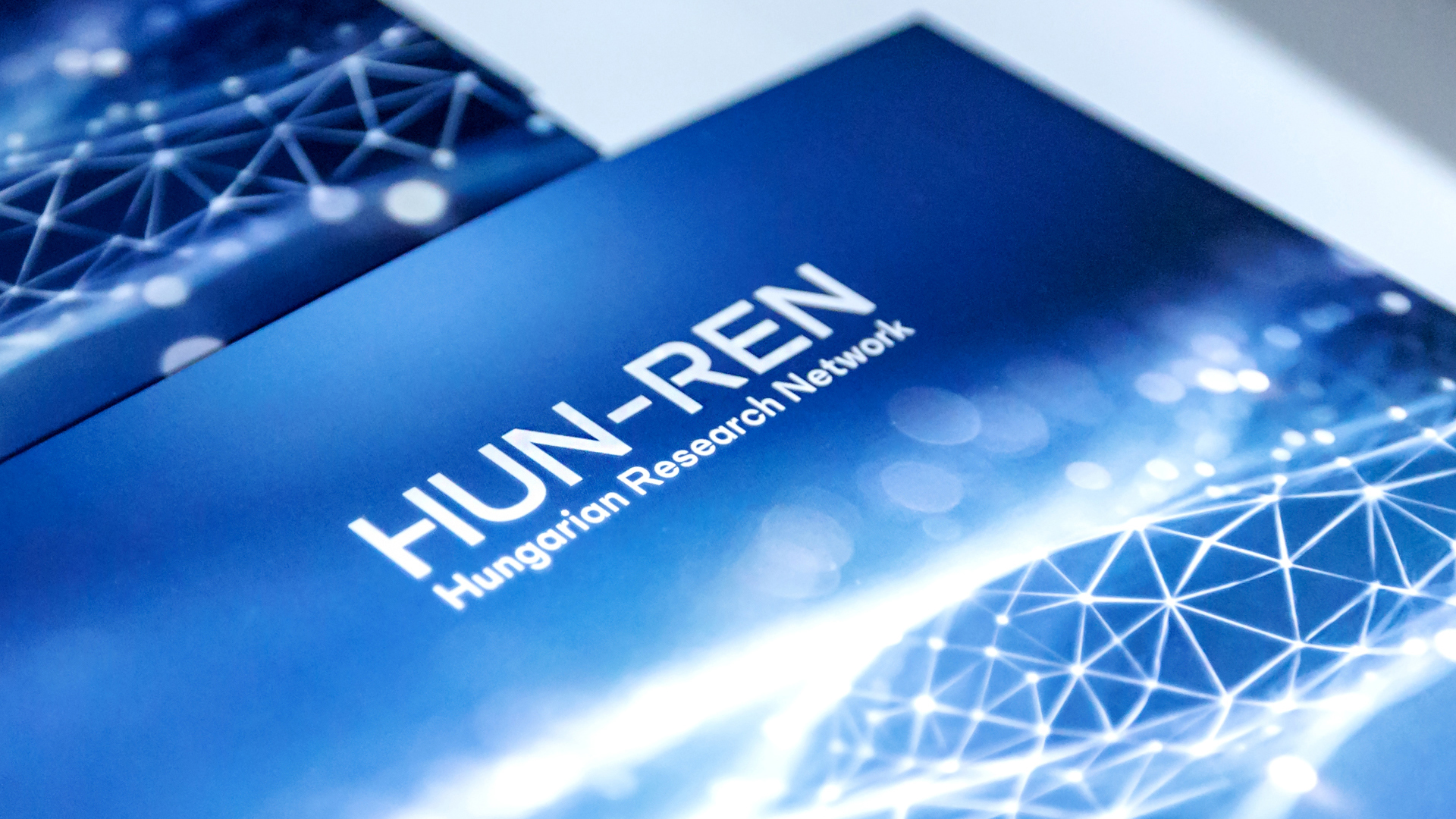Roland Jakab: AI Ambassadors connect researchers with AI technology opportunities
HUN-REN presents revolutionary AI opportunities to the whole country
The primary objective of HUN-REN is to support research effectiveness, and an important tool for this will be the ability to use artificial intelligence. The development of this capability is at the heart of the HUN-REN Artificial Intelligence Action Plan, as CEO Roland Jakab emphasised the main message of the Monday AI Ambassadors' Workshop.
Researchers within the HUN-REN network already apply some of the latest possibilities of artificial intelligence, from gene sequencing data analysis to machine vision. However, findings from the inaugural workshop organised for the network's AI Ambassadors reveal that some research centres are limited to more traditional AI applications, i.e. text parsing and translation. The AI Action Plan, introduced a month ago and discussed in detail at this event, is aimed at helping all the network's institutes and research centres adopt the best AI technologies, thus contributing to further improving their scientific performance.
In his welcome speech, HUN-REN CEO Roland Jakab, who also played a significant role in the creation and leadership of the Artificial Intelligence Coalition, a government initiative, emphasised his vision for the HUN-REN Hungarian Research Network to become a true flagship. "Let's demonstrate to not only higher education and the research community, but the entire country that we can be more successful, more effective and more visible in the world by using artificial intelligence!" – the CEO said. He added that the long-term objective is to have one data scientist expert per research area within the HUN-REN Headquarters, whom researchers can call on to help plan the AI support for their research. Together with the AI Ambassadors, they will serve as the "bridge" between domain knowledge and the opportunities brought by technology.
Following the 1st AI Action Plan Workshop in March, which brought together the leaders of the research sites, the 8 April event included face-to-face discussions among the nineteen AI Ambassadors at four tables, providing HUN-REN leadership with a first-hand view of the best practices already established at the research sites in the use of AI solutions, as well as the availability of internal training materials and other support tools to assist in the use of AI.
The "world café" style discussions, organised in four table groups, were moderated by HUN-REN CEO Roland Jakab, Gergely Szertics, AI Advisor to the CEO, András Benczúr, Head of the Artificial Intelligence National Laboratory, and Róbert Lovas, Deputy Director of HUN-REN SZTAKI.

Based on discussions, it can be concluded that almost all research institutions already have good practices and projects that are worth examining. However, there are significant differences in the extent to which the potential of artificial intelligence is used. It has also become clear that Google's "facilitating role" is increasingly being taken over by Chat GPT and similar applications, where researchers use the capabilities of the paid version that scans the entire web, to answer specific questions. Almost all researchers use AI, designed for generating content and even images, to write English texts and programme codes. AI technologies are frequently used to analyse artificial image databases, for bioinformatics research, to prove mathematical theorems (more precisely, to find structures that help to prove the theorem), and even in digital facial reconstruction. It was emphasised that there is a great need for colleagues capable of preparing the dataset required for a given research to a "kitchen-ready state," so that the data can then be processed with the help of AI. Close cooperation between researchers and data scientists is therefore necessary, while the users and data scientists are not necessarily understanding each other’s language, a practical experience formulated at the event.
The discussions also touched on Komondor, Hungary's supercomputer with the highest computing power, completed in January 2023. A new supercomputer, called Levente, will also be completed soon, and the academic sector will hopefully be its primary user. Róbert Lovas (SZTAKI) also discussed the HUN-REN Cloud, designed to assist researchers with their computing requirements and to be promoted at research events. It turned out that Rényi Institute and Wigner FK already have significant expertise in AI. These capacities will certainly be worth building on when developing programmes to support the entire HUN-REN network.
At the conclusion of the workshop, CEO Roland Jakab and AI Advisor Gergely Szertics presented a more detailed version of the HUN-REN AI Action Plan. One of the primary goals is to embed in the international network (this requires collecting international and national best practices, then using them to create an inspirational website, monitoring related EU and national tenders, and assisting in the application process). The second element is technology support (this includes assembling a researcher's toolbox of tested, well-performing, and recommended applications, and developing a computing infrastructure map, i.e., mapping available computing capacity). Another objective is to establish ethical and widely accepted guidelines for AI use and to support data access. The programme points of competences and personal support are of crucial importance. Basic and specialised training, pre-screening of internationally available forms of knowledge dissemination, as well as further breakdown of the AI Ambassador Programme, the occasion for this event, will also be necessary.
The AI Ambassadors also discussed the details of the eight points of the Action Plan, as well as needs and ideas related to the programme points. They also debated the development focus points of the next quarter and the agenda of the next Ambassadors' meeting.









